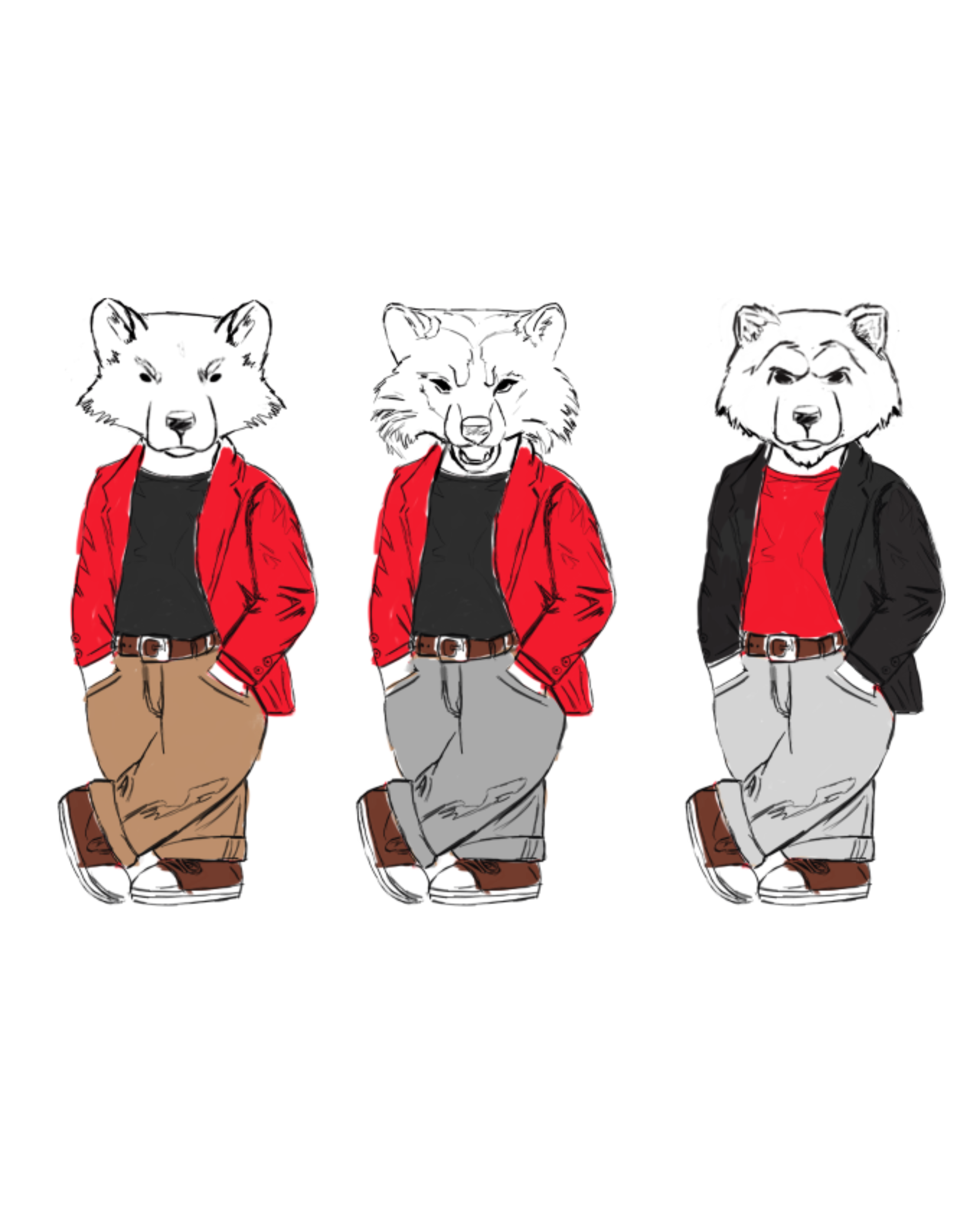
For decades, the Ivy League ruled not just academia, but culture. Prestige was a fixed currency - an unshakable brand like Rolex or Coca-Cola. Harvard was Harvard, Yale was Yale, and that was that. But as The Atlantic recently noted, families today are asking a once-unthinkable question: is the name still worth the price tag?
It’s a fair point. Tuition keeps climbing, and that shiny degree no longer guarantees stability. The old hierarchy of American higher education is flattening. Schools like USC and NYU who once were “aspirants", now rival the Ivy League in selectivity. The market is finally catching up to the mythology.
The bigger story, though, is that the value equation itself is changing. In 2015, about 85 percent of families saw college as an investment in the future; today, barely half do. The rest are rethinking what “investment” even means. Stretching financially to chase prestige used to feel noble - now it feels naïve. Even families earning six figures are crossing schools off their lists because of cost. For the first time, the upper middle class is treating education like any other luxury product: something to be compared, evaluated, and, occasionally, declined.
This “panicking class,” as The Atlantic calls it, isn’t anti-education - they’re just pragmatic. Parents who once believed a name guaranteed their kids’ future are realizing that life doesn’t work like a college brochure. Many have seen it firsthand: the Ivy grads coasting, the state school kids overperforming, the ones who learned how to do things rather than just talk about them. In the workplace, pedigree matters less than initiative. A line on a résumé doesn’t compete with someone who can build, lead, or create.
But that doesn’t mean tradition is finished. It’s just being reinterpreted.
At Crew Dog, we see that same shift every day. The next generation still cares about legacy - they just want it on their own terms. For a long time, “school spirit” meant stiff blazers, embroidered crests, and exclusivity. Now it’s about connection, identity, and self-expression. The culture of belonging has replaced the culture of status.
Our roots are in the classic Ivy aesthetic, but we’re not in the nostalgia business. We rework it - the rowing oars, the mascots, the typefaces - and make it feel current. Not to reject tradition, but to prove it can evolve.
Because heritage isn’t valuable just because it’s old. It’s valuable because it adapts. The same way universities are rethinking what makes an education worth it, we’re rethinking what makes collegiate culture worth wearing.
If prestige once meant exclusion, the future belongs to reinvention. The best brands - and the best institutions - are the ones that bridge eras.
Prestige may not mean what it used to. But pride still does.




